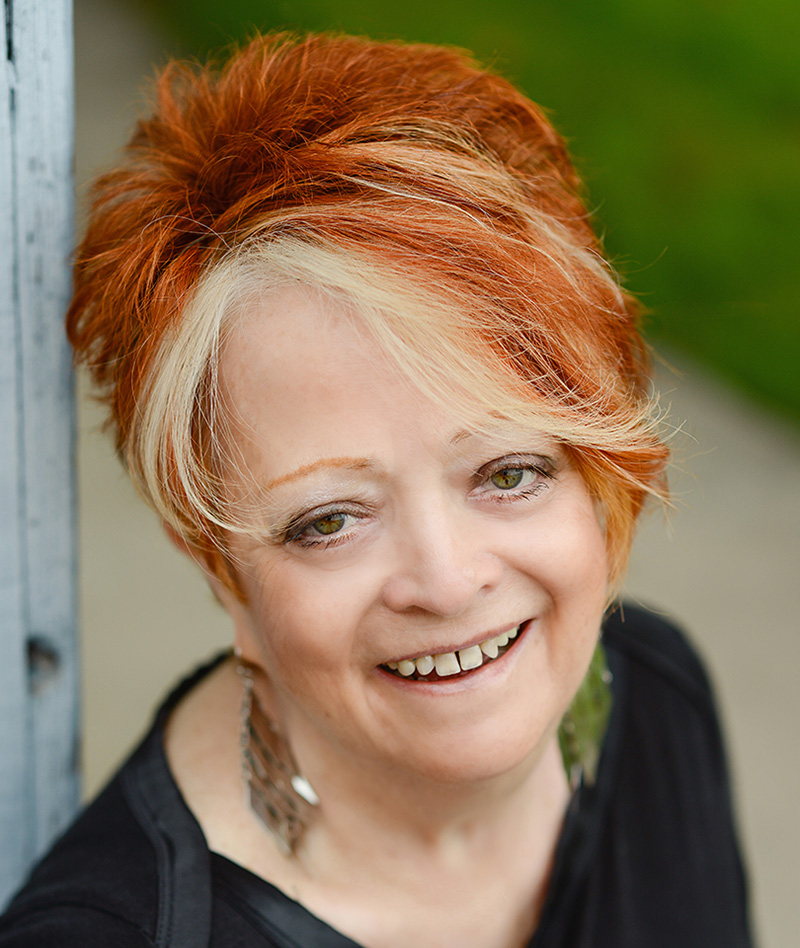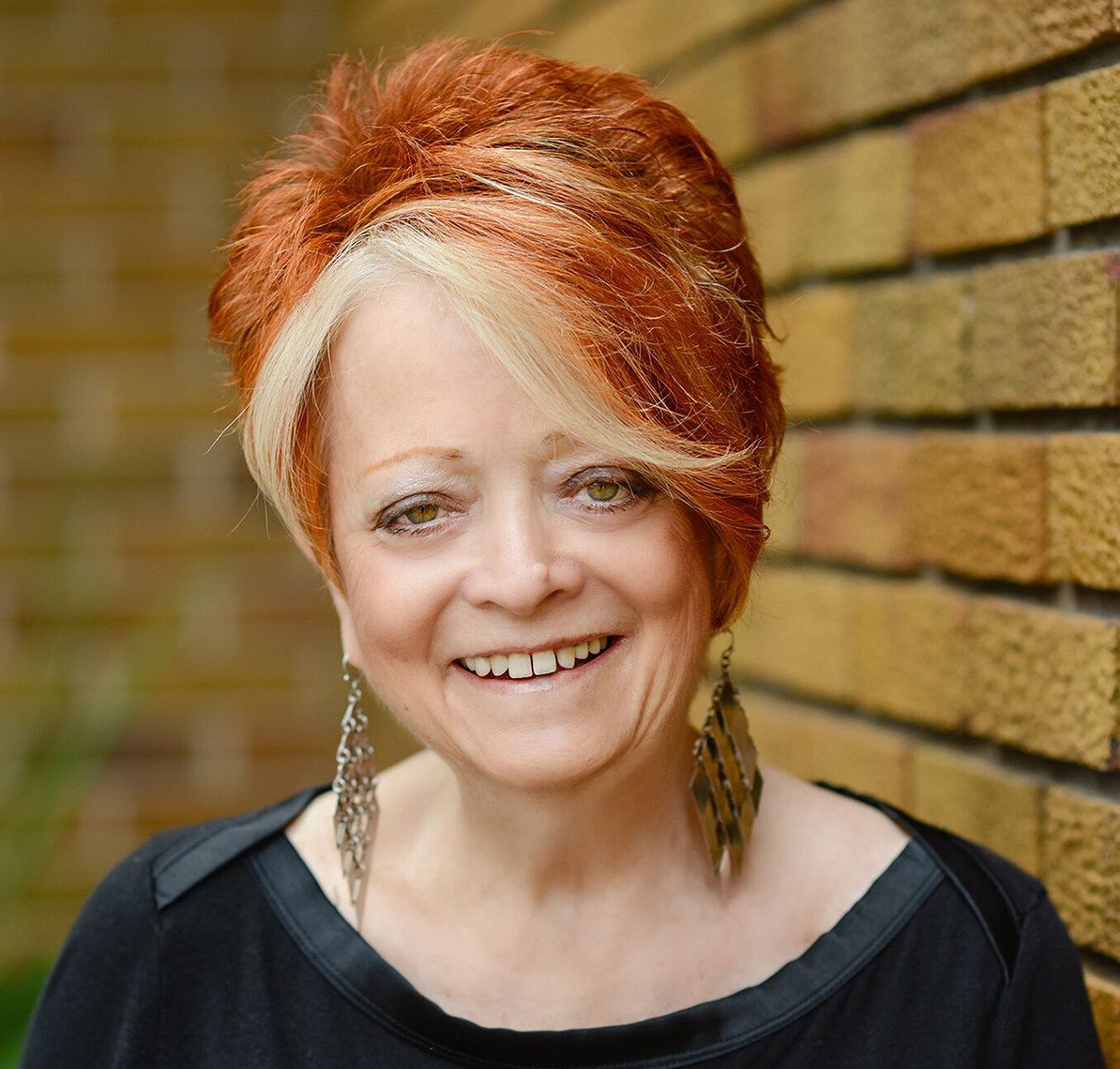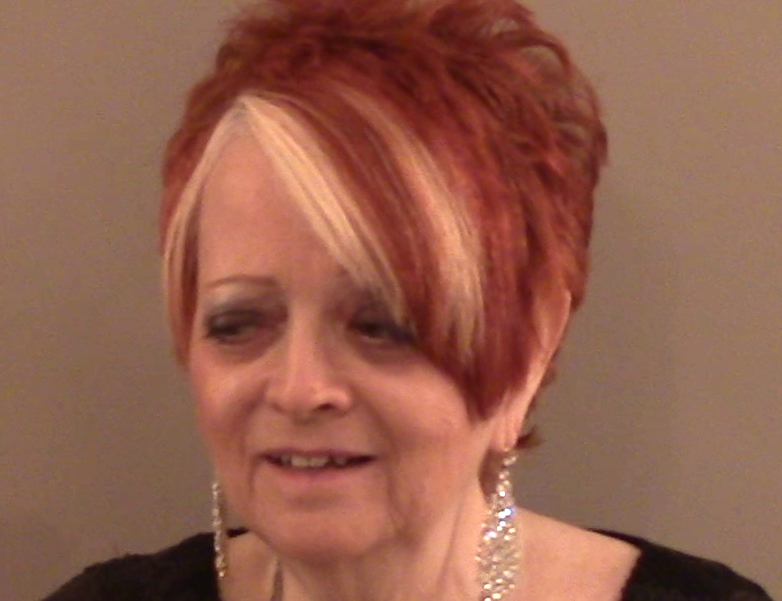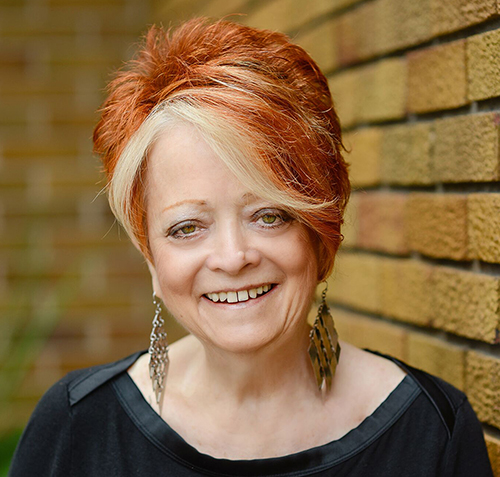BLOG
The Difference Between Functional And Dysfunctional Families

THE DIFFERENCE BETWEEN FUNCTIONAL
AND DYSFUNCTIONAL FAMILIES
Article #99 (05/31/2022)
A ministry based in Port Jefferson Station, New York, Living Epistles Ministries was founded by Pastor Sheila Vitale and teaches the doctrine of Christ. Living Epistles Ministries distributes a wide range of Christian books and materials that educate people on simple but important matters, such as family.
Being in a loving family can be highly beneficial for everyone inside it, from the child to the partners and can help them all achieve their objectives and goals in life. The main goal of everyone in a functional family is to improve and develop themselves so that they can be there for the other person in times of need. Without improving and developing one’s self, a person cannot be enough for themselves and therefore for another. This can help families create and share love and create a state of happiness, which can help the family grow as a whole.
While the members of a functional family each aim to develop themselves to be better for their close ones, in a dysfunctional family, individuals are possessive and lack trust. Also, creativity and individualism are seen as negative aspects of a person's life in dysfunctional families. Without creativity and individualism, a person cannot improve themselves.






